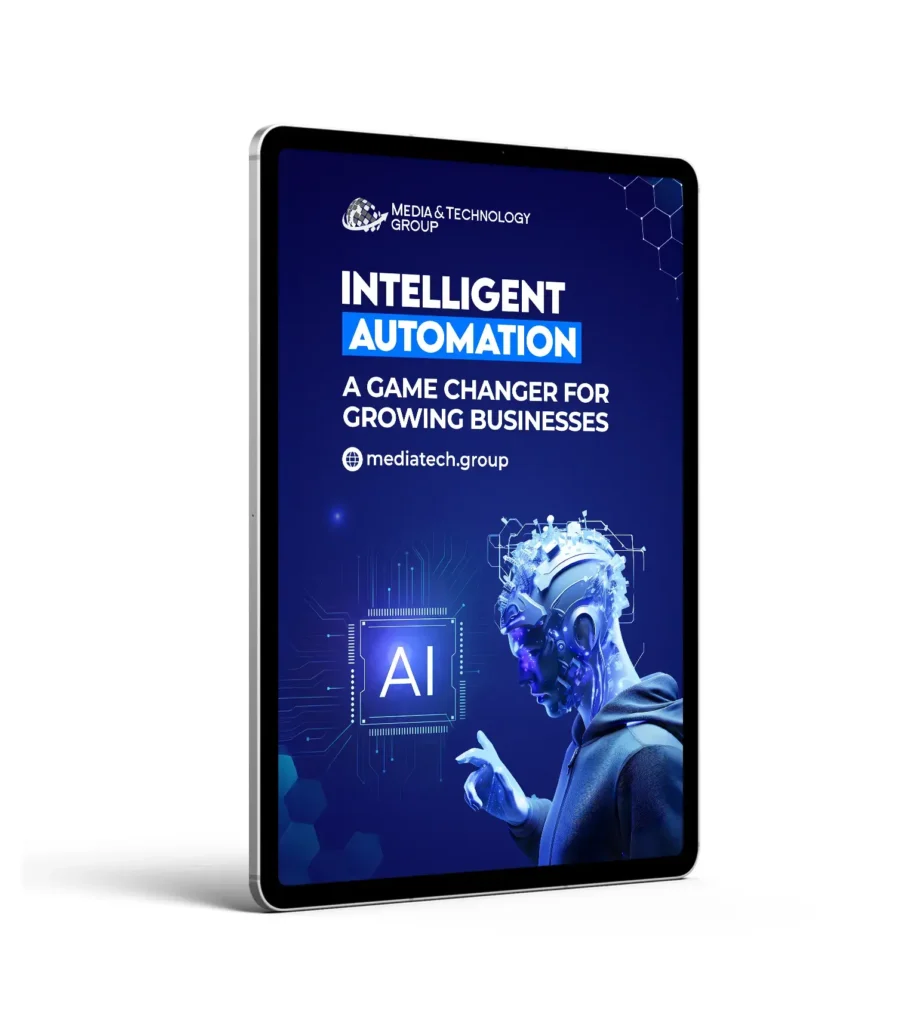When we talk about AI agent development, it can sound a bit like science fiction. But it’s actually something you can understand and even build on your own. Whether you’re just curious or ready to dive in, this guide is here to help.
1. What is an AI Agent?
An AI agent is a software program that acts on behalf of a user. It can make decisions, learn from the environment, and perform specific tasks. Think of it like a digital assistant that gets smarter over time. These agents can range from simple bots to complex systems. Their job is to understand the world around them and react accordingly.
2. Types of AI Agents
There are several types of AI agents you might come across:
- Reactive Agents: These agents respond to the environment with a specific set of actions.
- Model-Based Agents: They keep track of the states of the environment and act based on that model.
- Goal-Based Agents: These agents work to achieve predefined goals.
- Utility-Based Agents: They choose actions based on a utility function to maximize “happiness.”
Each type has its uses, and understanding these can help you choose the right one for your needs.
3. Steps in AI Agent Development
Developing an AI agent involves several steps. Here’s a simple way to get started:
Step 1: Define the Problem
You need to know what problem your agent will solve. This can be anything from sorting emails to playing a game. Clarity here will set a strong foundation for your project.
Step 2: Gather Data
AI agents learn from data. Find relevant data sets that your agent can learn from. These could be images, text, or numerical data. More data often leads to a better-performing agent.
Step 3: Choose the Right Algorithm
Based on your problem, decide on the machine learning or deep learning algorithm you will use. Common choices include decision trees, neural networks, and support vector machines.
Step 4: Train Your Agent
Use the data to train your AI agent. This step involves feeding the data into the algorithm so that the agent can learn from it. The training phase can take some time and require computational resources.
Step 5: Test and Refine
Once trained, your agent needs to be tested rigorously. See how well it performs the task and make necessary adjustments. This trial-and-error phase is crucial to fine-tuning its performance.
4. Tools and Resources
There’s plenty of software and platforms to assist you in AI Agent Development. Here are a few popular choices:
- TensorFlow: An open-source software library for machine learning.
- PyTorch: Another open-source machine learning library.
- Scikit-Learn: Ideal for beginner-friendly machine learning.
It’s also helpful to join online communities and forums. Websites like Stack Overflow and GitHub can be incredibly useful for troubleshooting and ideas.
5. AI Agents in Media & Technology
At Media & Technology Group, LLC, we specialize in harnessing the power of AI agents to transform businesses. Whether it’s for business process automation, artificial intelligence implementation, or even consulting, we offer customized solutions. Our AI agents can help streamline tasks, provide valuable insights, and revolutionize how your business operates.
By leveraging AI agent development, we help companies improve efficiency and gain a competitive edge. So if you’re interested in harnessing this technology, you’re in the right place.
6. Final Thoughts
Embarking on the journey of AI agent development can be fascinating and rewarding. From understanding what AI agents are to developing your own, the process involves continuous learning and adaptation. Remember, the most critical factor is to start with a clear problem and gather as much data as possible.
If you’re excited about exploring the future of AI, Media & Technology Group, LLC is here to guide you. Our expertise in artificial intelligence and technology can help you achieve your goals. Let’s unlock the potential of AI agents together!
Take your first step today and explore the endless possibilities of AI agent development. Feel free to reach out to us for any questions or a personalized consultation.
Happy coding!







